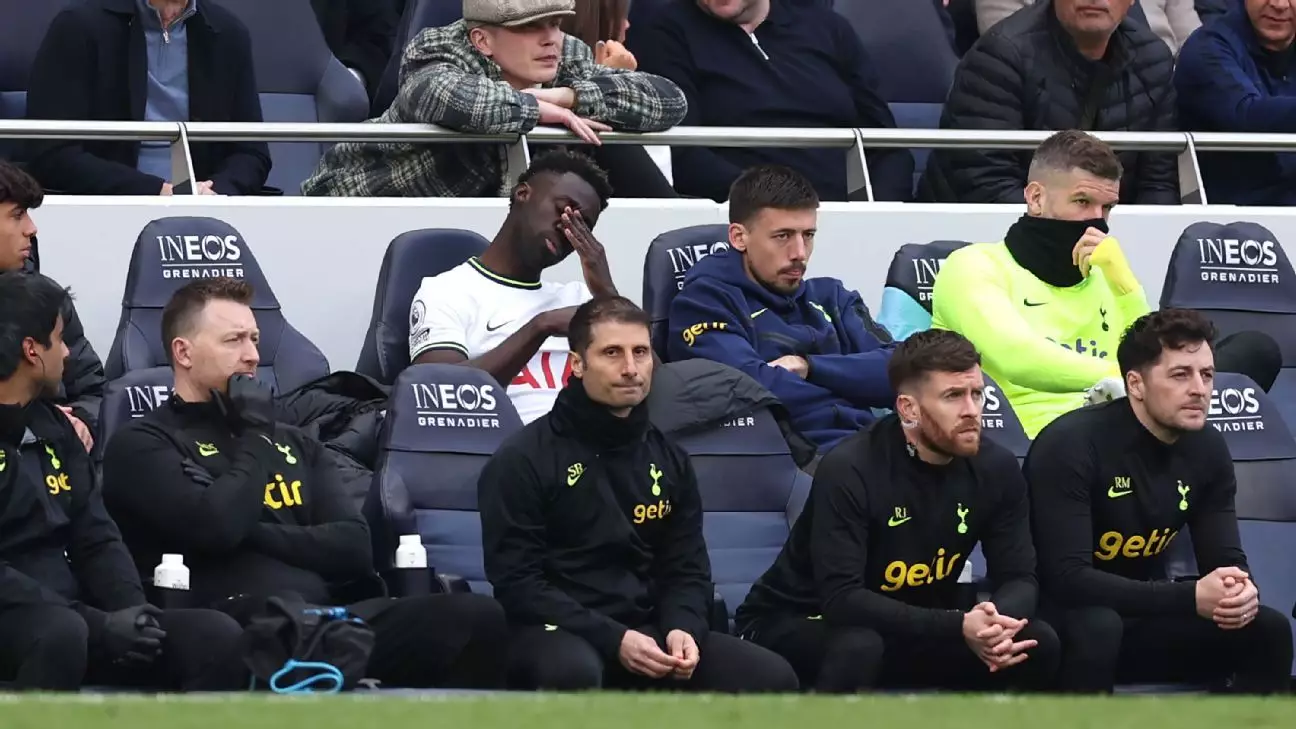Recent developments indicate that INEOS, the petrochemicals powerhouse and co-owner of Manchester United, is actively negotiating with Tottenham Hotspur to terminate their current sponsorship contract prematurely. This partnership, initiated in 2022, was formed to promote INEOS’s Grenadier 4×4 vehicle, prominently featuring the brand at Tottenham’s stadium. However, sources suggest that an amicable dissolution of this multi-million-pound agreement is being pursued as INEOS reassesses its commitments across various sports. This strategy seems aligned with a broader trend of reducing financial exposure in an evolving economic landscape.
Understanding INEOS’s Motivations
The motivations behind INEOS’s decision to reevaluate its sponsorship deals stem from a combination of internal and external pressures. Recently, the company faced legal challenges in New Zealand following their exit from a lucrative sponsorship deal with New Zealand Rugby, which was set to continue until 2027. INEOS attributed this significant move to what they referred to as the “deindustrialisation of Europe,” highlighting the economic shifts affecting their business model. With their ongoing efforts to streamline operations and cut back on expenditures, it appears that they are prioritizing financial sustainability over expansive brand visibility through sports marketing.
This trend of withdrawal from sponsorship agreements is not isolated to football; it reverberates across different sports. The termination of partnerships with high-profile teams like Sir Ben Ainslie’s America’s Cup team indicates a larger strategy by INEOS to consolidate their brand identity. Additionally, previous negotiations with Mercedes’ Formula 1 team reportedly reached a tense stalemate, suggesting that these sponsorships may no longer align with the company’s evolving strategic objectives. Such abrupt changes reflect a deep-seated reconsideration of how sports sponsorship fits into INEOS’s overall business strategy.
The financial implications of INEOS’s reassessments might be acutely felt within Manchester United itself. Despite celebrating one year of association with the club, the recent quarterly accounts uncovered alarming trends, with operating profits plummeting from £27.5 million to just £3 million compared to the prior year. The poor financial performance can be attributed to ill-fated decisions such as extending Erik Ten Hag’s contract only to release him after a dismal start to the season, incurring costs upwards of £10.4 million.
As discussions unfold regarding the premature end to the INEOS-Tottenham sponsorship, the focus will inevitably shift towards the potential implications for both parties involved. For Tottenham, the loss of a high-profile sponsor could impact their financial footing and brand visibility. For INEOS, the challenge will be to navigate this transition while ensuring that their remaining sports affiliations contribute positively to their brand without overshadowing their core operations. The evolving dynamics within sports sponsorships suggest a need for companies to be more agile and strategic, embracing an adaptive approach in these uncertain economic times.

